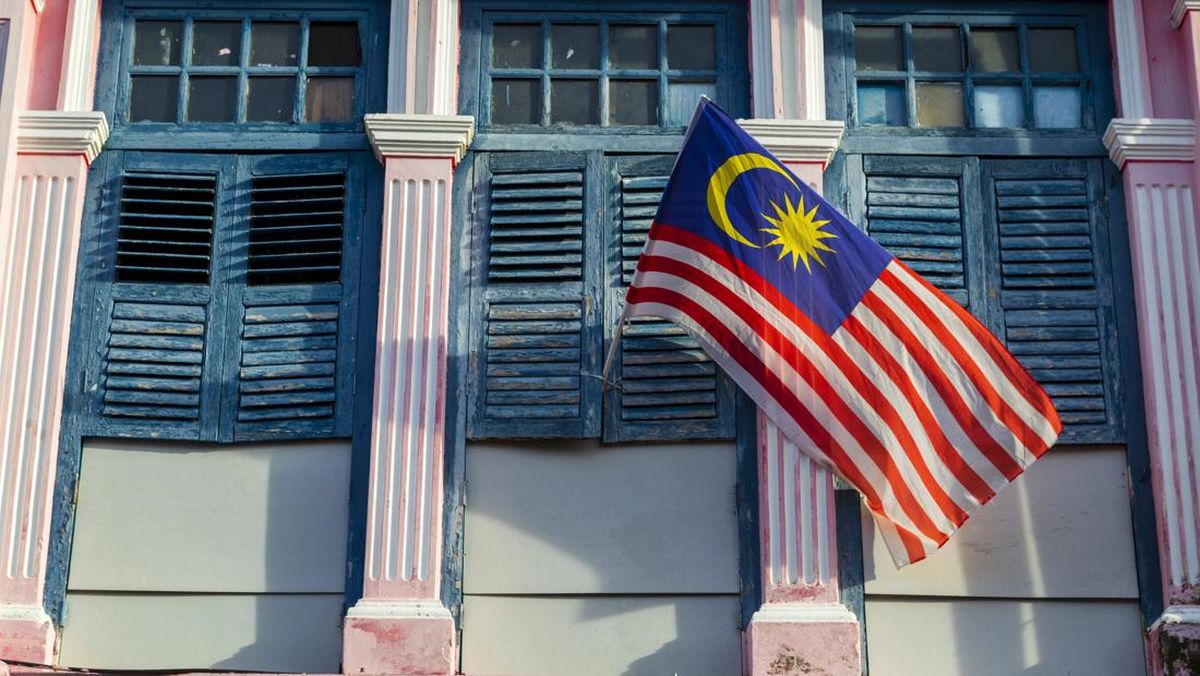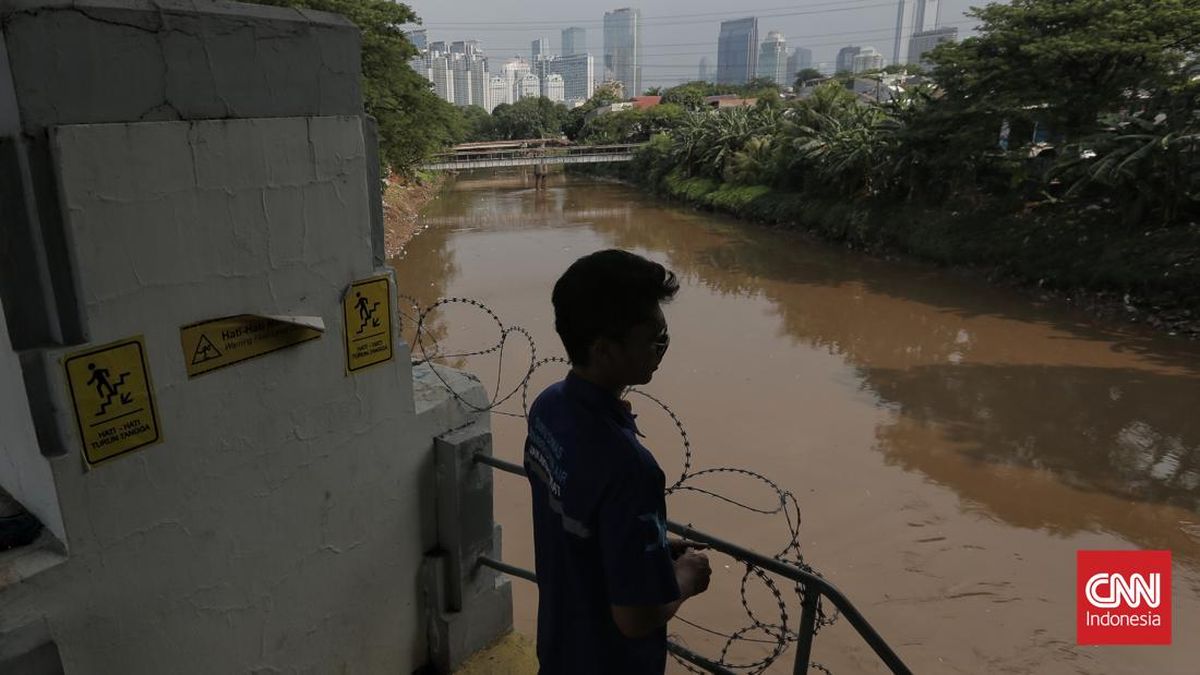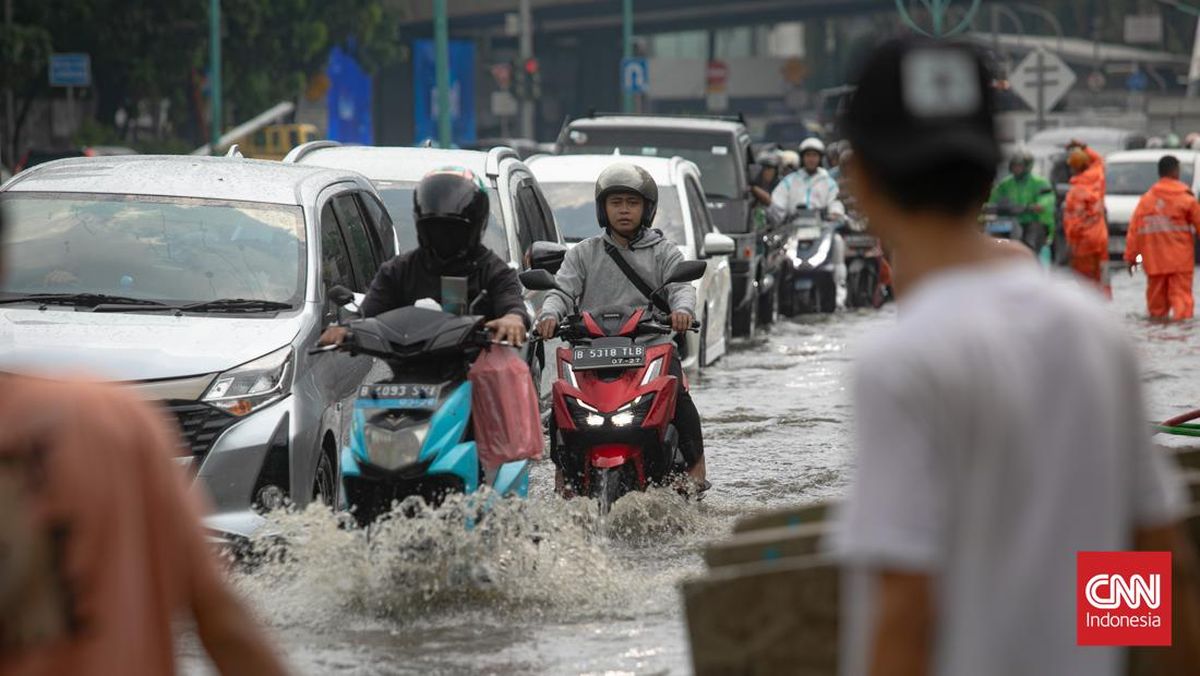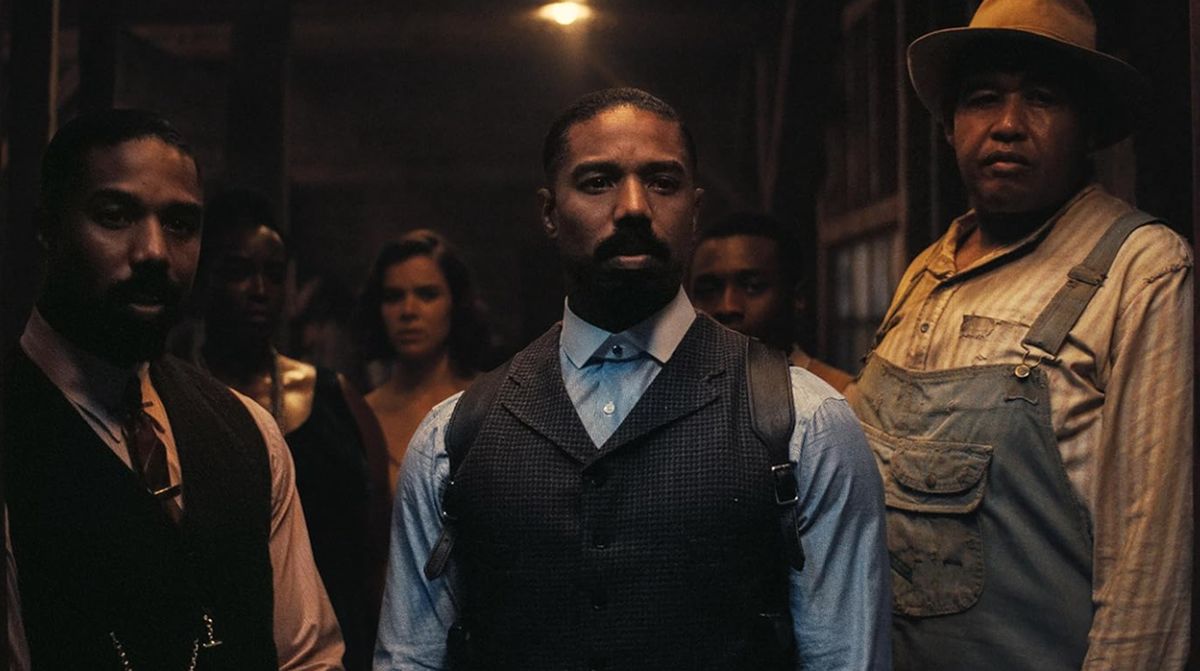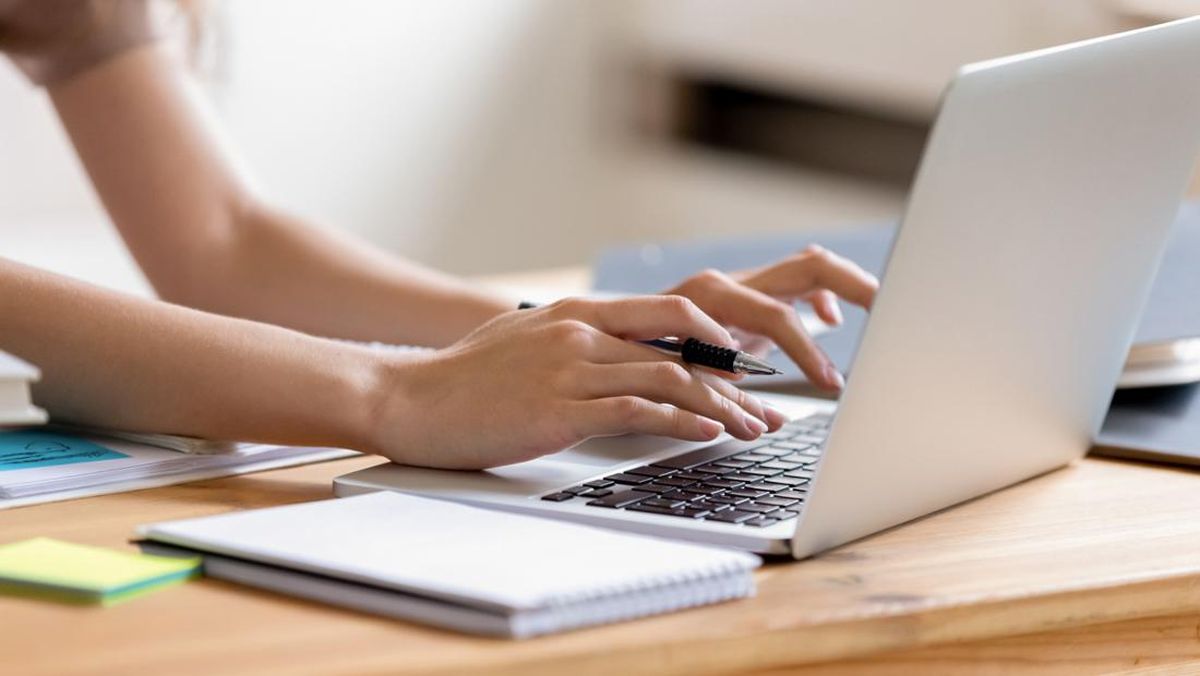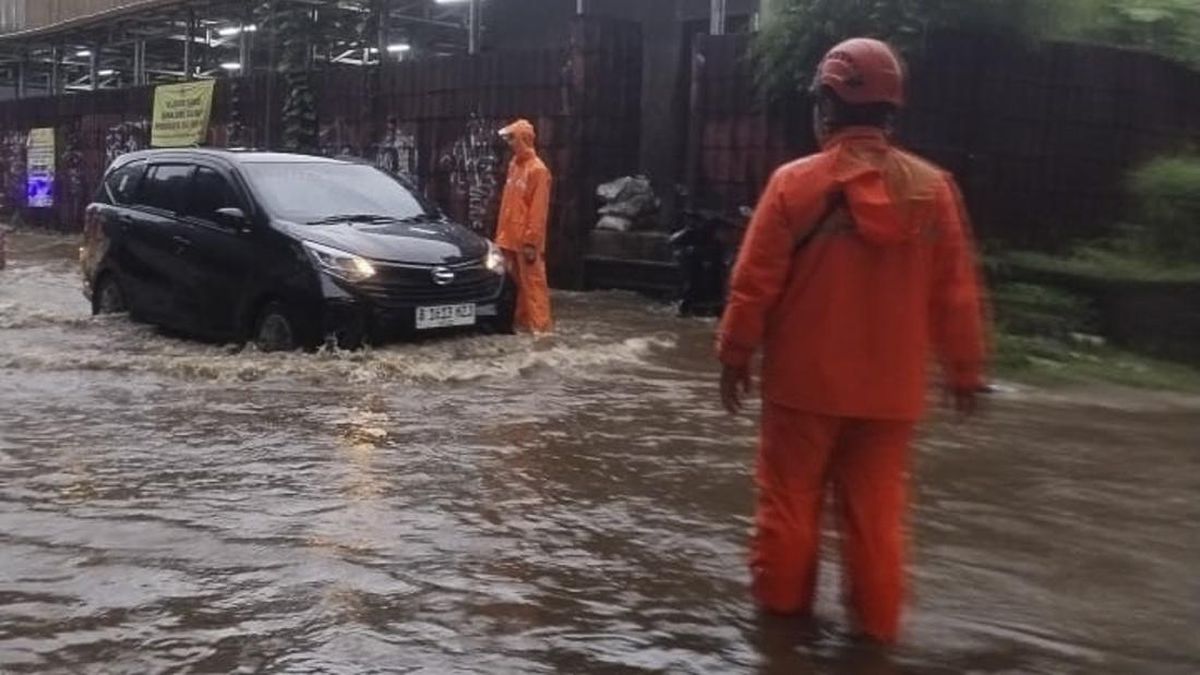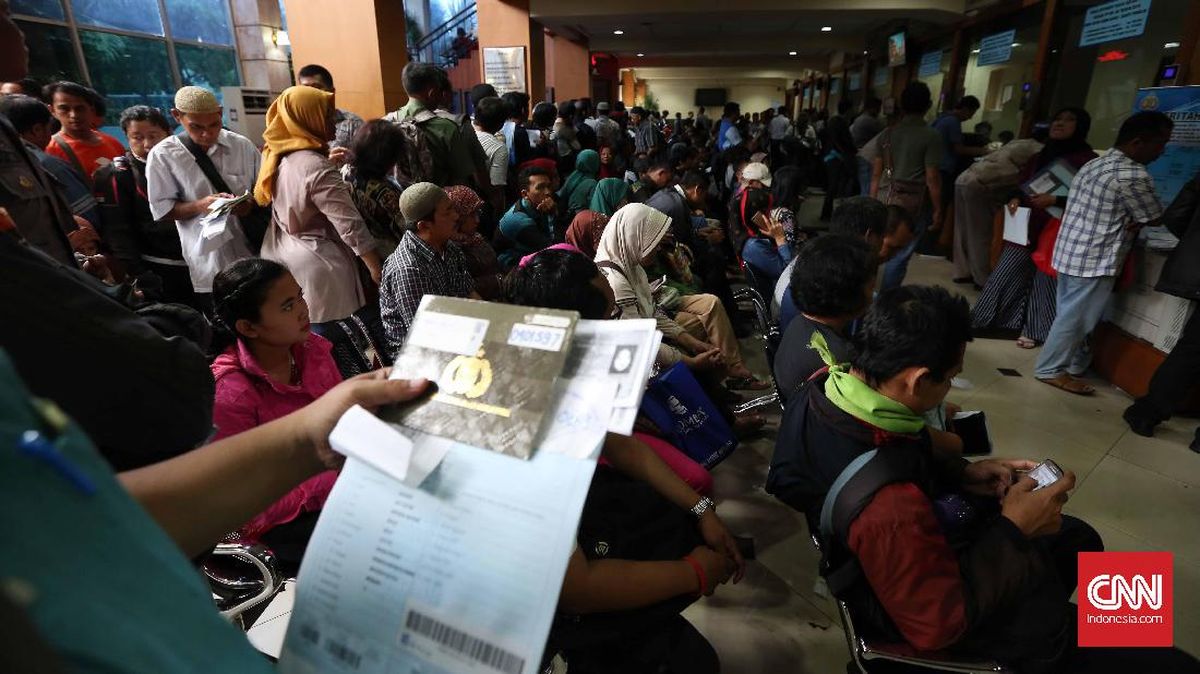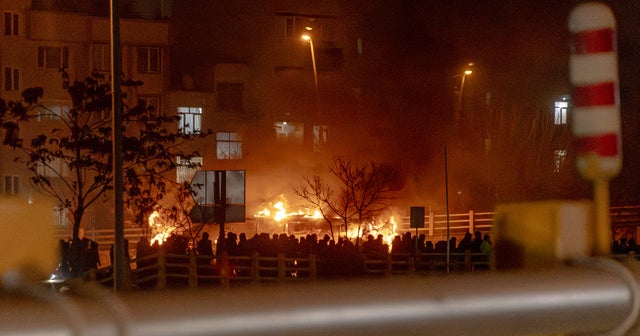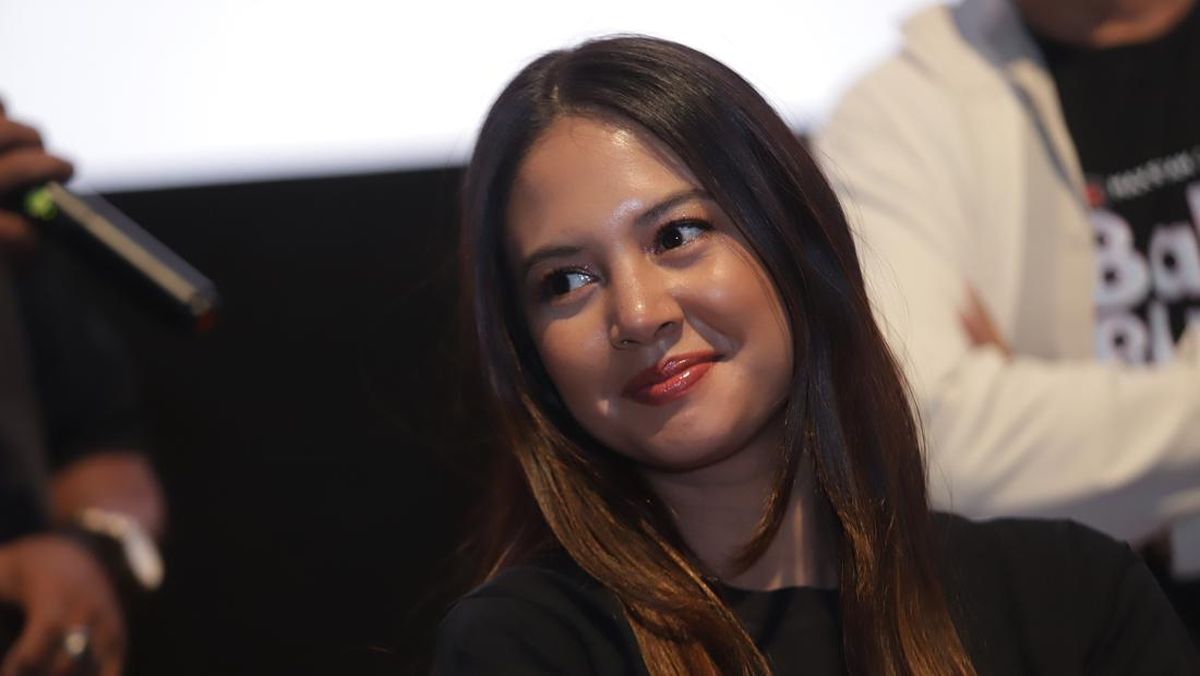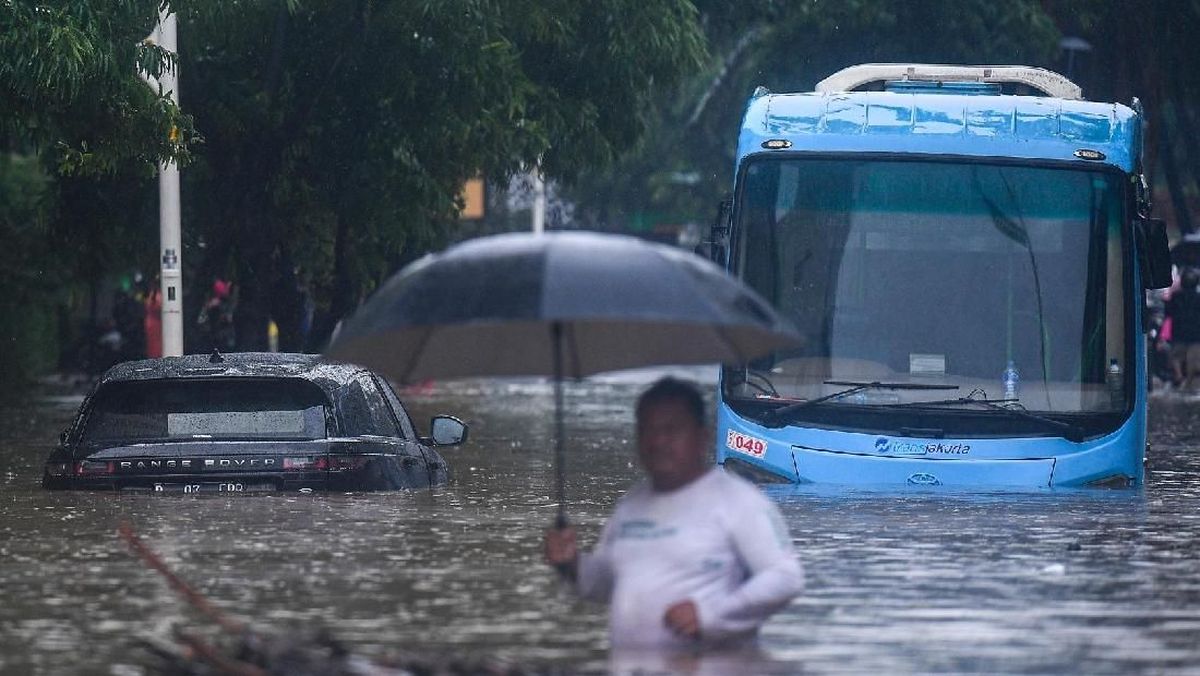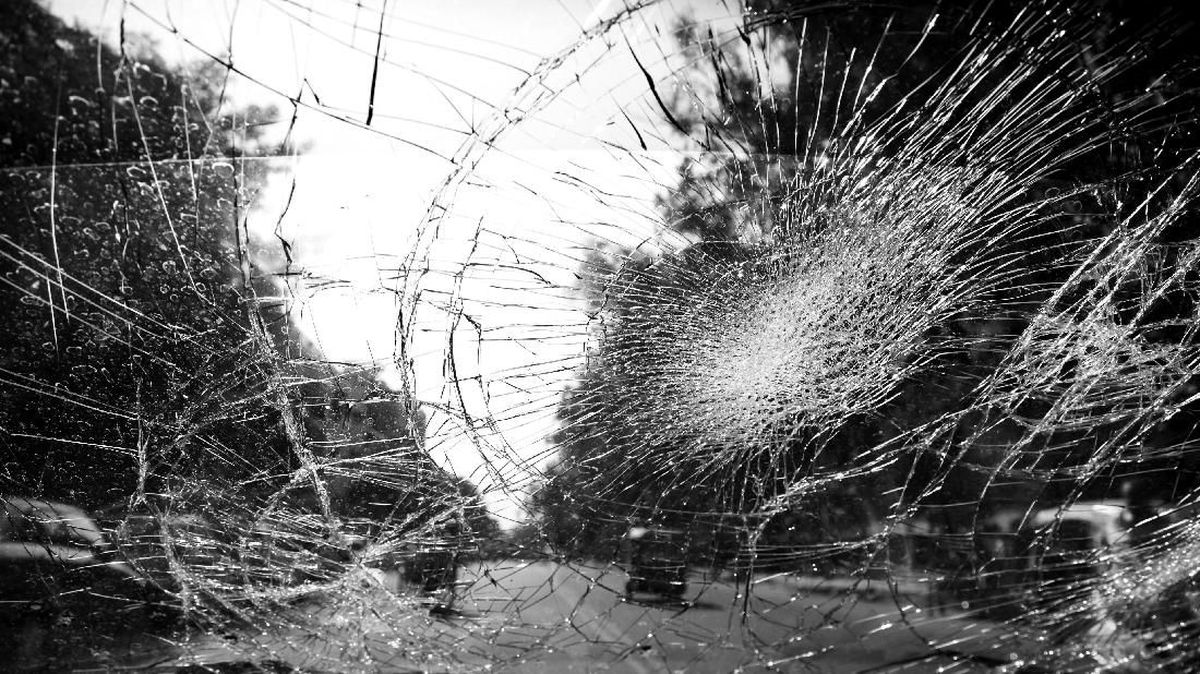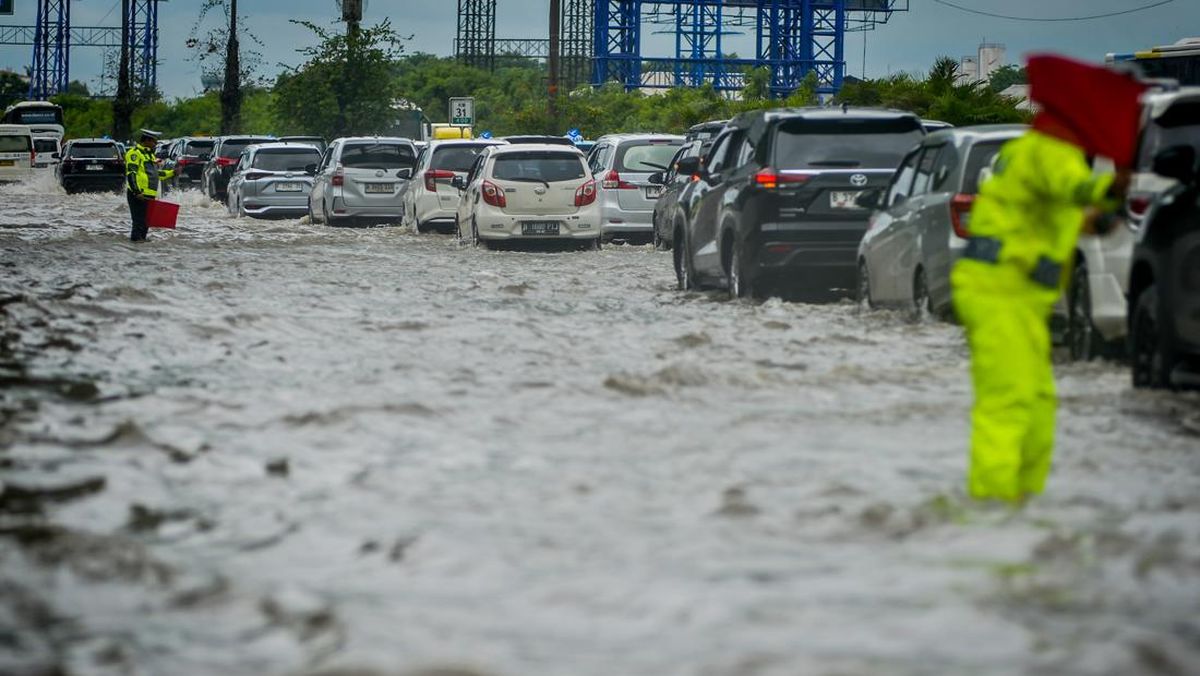How do you keep the world’s earliest rising city awake past 9pm?
Artist and policy consultant Rebecca McIntosh, aka Bec Mac, says there’s an answer in creating a nighttime economy that goes beyond drunk teenagers stumbling through the Valley.
And for her vision to come to life, she argues, women must be at the heart of designing safer public spaces.

Bec Mac at Creative Time, an arts organisation, in New York.
You might remember Mac as Labor’s candidate for The Gabba in 2024. Since then, the vivacious creative has been on a research tour through Los Angeles, New York, London, Paris, Rotterdam, Amsterdam, Berlin and Avignon.
As part of her Churchill Fellowship, she’s been investigating the nighttime economy, arts and culture, and impacts on safety and accessibility for women and marginalised communities.
Brisbane’s famously early waking time means we go to bed early too.

There are ways to reinvigorate Brisbane’s nightlife beyond bars and booze, argues Bec Mac.Credit: Nic Walker
But Mac said introducing daylight saving would help, so people could go out at night when it wasn’t dark, and invigorating Brisbane’s nightlife beyond alcohol.
“Thirty per cent of the working population are nighttime workers, they don’t have anywhere to go, the supermarket after 9, have a meal … catch public transport that’s safe, childcare,” she said.
“I think if you get more art and culture out on the streets, a vibrant city that’s not just based on bars and booze, there’s some really strong ways of activating the streets beyond a bar, then that’s going to bring different types of people out.
“You’ll bring out older generations, and younger and families, and that makes a safer place, that makes a more inviting place.”
Beyond bars, Brisbane could consider more types of 24-hour businesses, like bakeries or bubble tea stores that are open at 2am. But she said that would mean thinking beyond our “very western idea” of what could be open at night.
“It’s just a fresh lens we need to approach this with, in multiple ways,” she added.
At night, suburban train stations and dark corners of the city can be pretty creepy. DemosAU found 84 per cent of Queensland women feel unsafe walking or running alone at night, compared with 47 per cent of men.
But better urban design can be more than just more lights and CCTV.

Flying Fox Woman - The Women’s Safety Project will open at Logan Art Gallery in 2026.
Instead, art can shine a light into the darkness, says Mac, and invigorate areas viewed as unsafe, like suburban railway stations, by making them feel more welcoming and inclusive.
“Cities are made by men for men, and we have to shift that,” Mac said, adding that women, people with a disability, women of colour and LGBTIQ+ community members had different experiences in the public realm.
“If we centre that as the starting point, to start designing how we do our cities, and how we make our cities better for everyone, that’s the shift.
Loading
“We need to start looking at our cities through a different lens, and we need to start centring other people’s experiences, other than the hundreds of years of male domination in city planning and design and governance.”
Mac is working with Logan City Council and Queensland Walks on a participatory art project at Logan Art Gallery next year.
The idea is to improve urban safety through storytelling workshops and a nighttime safety mapping walk, asking people to identify which areas feel unsafe and why, with community members as co-creators, rather than subjects.
The project is called Flying Fox Woman, named after a character Mac created 20 years ago, which she described as like a handmade vigilante.
Mac said participants would be invited to discuss safety issues, create masked and costumed characters as their own nighttime vigilantes, and then be photographed in beautiful portraits that would be projected into areas identified as unsafe or uncertain to reclaim the space.
“There’s not a correlation between what feels safe and what the crime record is in that place, so it’s a perception of safety that’s going to be challenged,” she said.
“And what actually makes a place feel safer is a sense of belonging, a sense of being welcome.
“It’s such a serious topic, but if we can crack it open with art and empowering ourselves to have fun with it, and then being part of solving the problem, that’s empowerment in so many ways.”
Most Viewed in National
Loading

